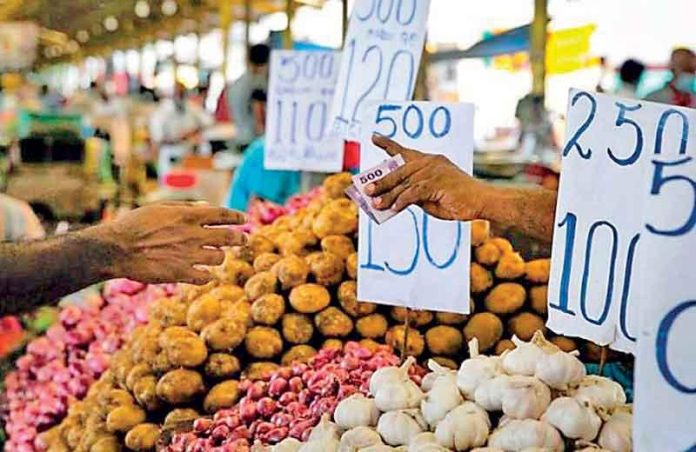Colombo prices fell by 4.2% from a year earlier, with non-food prices falling by 6.1% due to electricity tariff reduction
Consumer prices in the Colombo district fell further in February due to a significant reduction in electricity tariffs in the third week of January. Some relief was seen in the rise in food prices such as rice, which provided further relief to consumers who had suffered from more than 70 percent increases in everyday items a few years ago. Consumer price changes, as measured by the Colombo Consumer Price Index, fell by 4.2 percent in the twelve months to February 2025, a faster pace than the 4.0 percent decline seen in prices to January.
This is the sixth consecutive month that core prices have fallen since the current deflation began in September 2024.
Monthly prices also turned negative, with monthly prices falling by 0.2 percent due to a sharp decline in non-food prices due to the electricity price cut. This is a reversal of the 0.5 percent increase seen in January since December 2024. Food prices, measured on an annual basis, fell by 0.2 percent in January due to the decline in the prices of some essential commodities such as rice, which has caused pain to the government and the people in recent months.
Furthermore, prices of fresh fish, dried fish, potatoes and onions fell, while prices of coconuts, fresh fruits and vegetables rose sharply in February. As a result, monthly food prices rose slightly by 0.3 percent, similar to January.
Meanwhile, non-food prices fell sharply by 6.1 percent in the period up to February 2025 and by 0.5 percent for the month, due to the reduction in electricity tariffs in the third week of January.
Core prices, which are often measured by excluding volatile food, energy and transport, rose by 0.7 percent in the twelve months to February 2025, slower than the 1.2 percent increase seen in the period to January 2025. The central bank reiterated that prices remained negative throughout the first quarter before turning positive from the second quarter. However, they expect inflation to converge to their medium-term target of 5.0 percent in the second half before briefly exceeding that level by around 2.0 percent in the second quarter of 2026.





